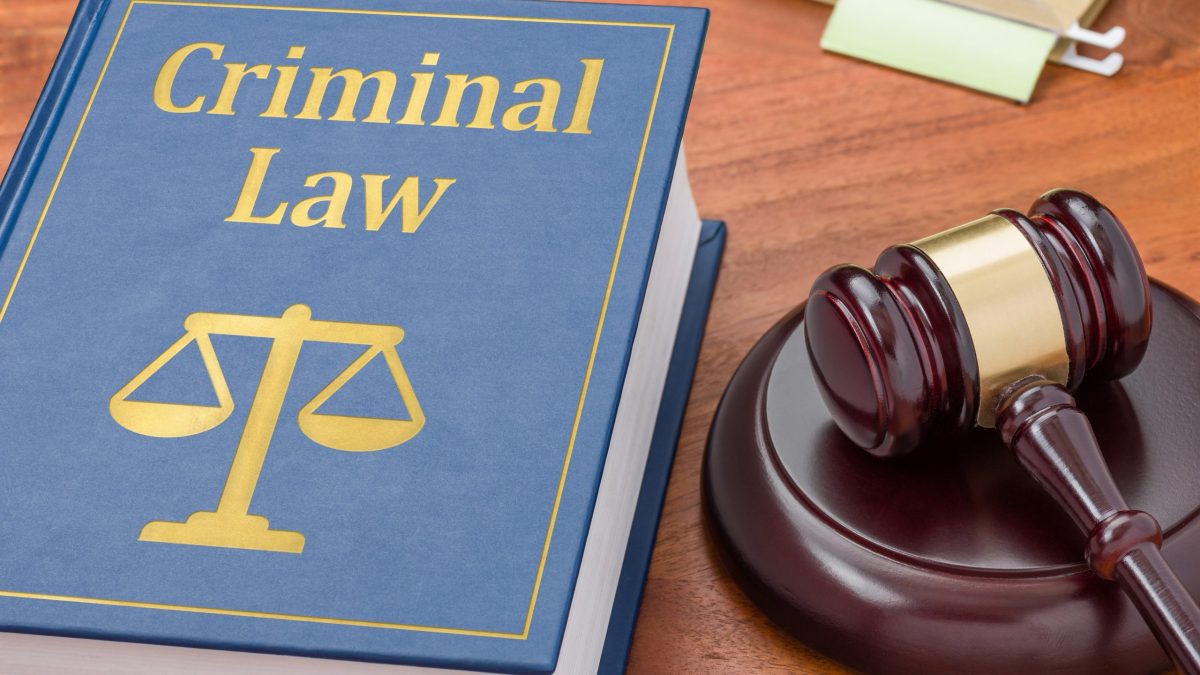
Shell dropping “Royal Dutch” to be part of “Royal England”?
December 27, 2021
Do You Own A Law Firm? Here’s How To Advertise It Properly
December 29, 2021A career in criminal justice entails in-depth training in various aspects of the judicial system. If you’ve chosen to put away criminals and make the community a safer place, you must understand the three key elements of the system, such as the courts, law enforcement, and corrections. Your education will include a detailed understanding of the complexities of their functioning efficiently. Once you get the primary degree, you can choose the specific area of the law where you wish to specialize. Here’s some detailed information you’ll find interesting.
You’ll Get a Bachelor’s Degree from a University.
For starters, you’ll enter into a prestigious bachelor’s degree program in an accredited university. The subject names may differ, but you’ll start by getting an Introduction to Criminal Law, Constitutional Law, and The Law of Evidence. Most courses also include an understanding of Correctional Law, Tort Law, and Criminal Law. A criminal justice major trains you in liberal arts and social sciences, where you’ll also study juvenile justice, the judicial process, administration theory and evaluations, and most importantly, crime prevention. Having completed the course and acquired your degree, you can get a job working under an esteemed Jacksonville criminal lawyer to get hands-on experience and work cases.
Criminal Justice is a Complex Field
Criminal justice is a broad field with any number of specializations. Your degree program trains you in critical thinking, problem-solving, and understanding how the justice system is intertwined with related disciplines like history, psychology, health care, communication, sociology, and education. You’ll learn how to get inside a criminal’s mind to understand their thinking behind committing crimes and infractions.
How sentences are delivered to match the crime, mass incarceration, police rights, and the extent of their authority in crime prevention are other integral parts of your education. Side by side, you’ll learn about the victim’s rights and how rehabilitation procedures work to reintegrate former criminals into society, including how to expunge a felony.
You’ll Choose the Career that Interests You.
When choosing the right career path, you’ll identify your interests. For instance, if you wish to serve society by defending crime victims, you’ll need empathy and excellent communication skills. You’ll need to stay tough and professional under the most stressful situations and know how to collect evidence. Aside from working with district attorneys and police detectives, you’ll need knowledge of forensic sciences and have a keen analytical mind to identify clues. Alternatively, you can work as a federal agent representing the government or a private investigator or researcher.
Working in a Corrections Facility is Another Career Choice
Many criminal justice students may also choose to work in a corrections facility where they counsel prisoners and assist in their rehabilitation as parole officers. Or, you could be a juvenile counselor to help underage prisoners. In addition to your degree in criminal justice, you might also need training and licensing in psychology and social work.
Completing Your Post-Graduate Training
Once you complete your Bachelor’s education, you could receive an invitation to apply for the 4+1 BA/MA program by the faculty of the Criminal Justice department. These invitations are typically given out to students in their sophomore year. If that happens, you’ll start taking the graduate courses in addition to the undergraduate curriculum in the final three undergraduate semesters. As a result, you can complete the requirements for a Criminal Justice MA in the following year.
If you wish to pursue a career in Criminal Justice, know that it is a broad field with multiple disciplines that you can choose from. Identify your skills and aptitudes and pick out the right path for you.





